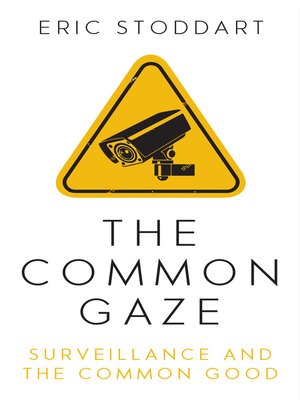
Sign up to save your library
With an OverDrive account, you can save your favorite libraries for at-a-glance information about availability. Find out more about OverDrive accounts.
Find this title in Libby, the library reading app by OverDrive.



Search for a digital library with this title
Title found at these libraries:
| Library Name | Distance |
|---|---|
| Loading... |
Our political spheres are riven with micro-targeted political advertising that degrades the possibilities and incentive for shared, respectful debate. We are producers as well as consumers of data when we record our physical, and sometimes our spiritual, exercise on smartphone apps. The algorithms which identify us, granting us access to state and corporate provision, are not objective but often deeply discriminatory against people of colour and those lower on socio-economic scales. Offering a ground-breaking new perspective on one of the great concerns of our time, Eric Stoddart examines everyday surveillance in the light of concern for the common good. He reveals the urgent need to challenge data gathering and analysis that weakens the social fabric by dividing people into categories largely based on inferred characteristics, and interprets surveillance in relation to God's preferential option for those who are poor. The Common Gaze is a call not only for revised surveillance but for better ways of understanding how God sees.|Our political spheres are riven with micro-targeted political advertising that degrades the possibilities and incentive for shared, respectful debate. We are producers as well as consumers of data when we record our physical, and sometimes our spiritual, exercise on smartphone apps. The algorithms which identify us, granting us access to state and corporate provision, are not objective but often deeply discriminatory against people of colour and those lower on socio-economic scales. Offering a ground-breaking new perspective on one of the great concerns of our time, Eric Stoddart examines everyday surveillance in the light of concern for the common good. He reveals the urgent need to challenge data gathering and analysis that weakens the social fabric by dividing people into categories largely based on inferred characteristics, and interprets surveillance in relation to God's preferential option for those who are poor. The Common Gaze is a call not only for revised surveillance but for better ways of understanding how God sees.







